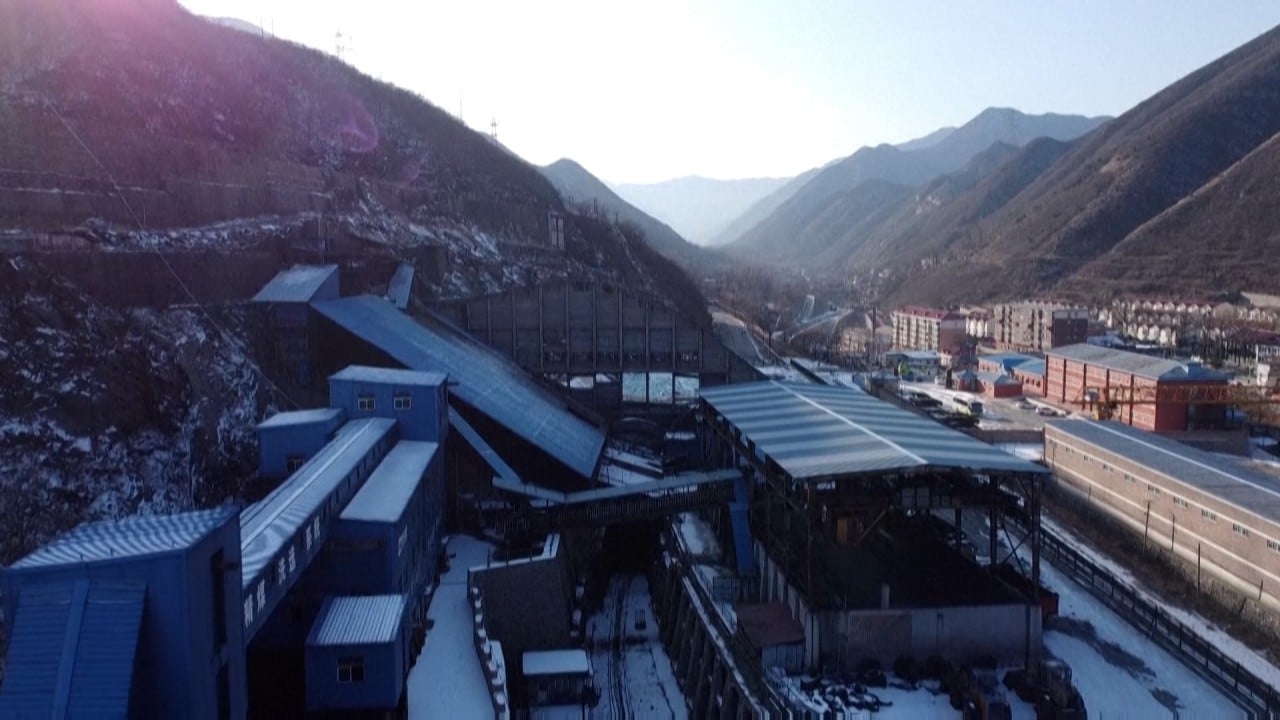Advertisement
Energy crisis: How Russia-Ukraine conflict is forcing Europe to turn the clock back on climate goals this winter
- Britain plans to boost oil production, while Germany will reopen coal-fired power plants to ensure the lights don’t go out this winter
- China warns some European countries appear to be taking a ‘backswing’ on climate goals, while IEA says carbon-neutral goals could be set back ‘decades’
Reading Time:7 minutes
Why you can trust SCMP
15

Chad Brayin London
British Prime Minister Liz Truss is facing an economic crisis of the likes not seen since her idol Margaret Thatcher became prime minister in the late 1970s, driven primarily by a surge in gas and electricity prices following Russia’s invasion of Ukraine this year.
Inflation hit a 40-year high of 10.1 per cent in July, in part because of eye-watering energy price rises.
Thousands of small businesses, including pubs and corner shops, have said they are not sure if they will make it through the winter. Millions of consumers could be pushed into poverty because of an inability to pay their energy bills.
As part of a more than £60 billion (US$66 billion) package to try to ease the pain of energy price hikes and stave off a recession, Truss has vowed to increase offshore oil and gas production, controversially lift a moratorium on fracking in Britain and remove a green levy on energy bills, which helps fund energy-efficiency programmes.
Truss is not alone. Leaders in Austria, France, Germany and the Netherlands are restarting mothballed coal plants to keep the lights on this winter.
Some have questioned whether Western leaders are putting too much reliance on fossil fuels in the near term and suggested such a policy shift – even if temporary – could delay, if not derail, global climate efforts.
Advertisement

